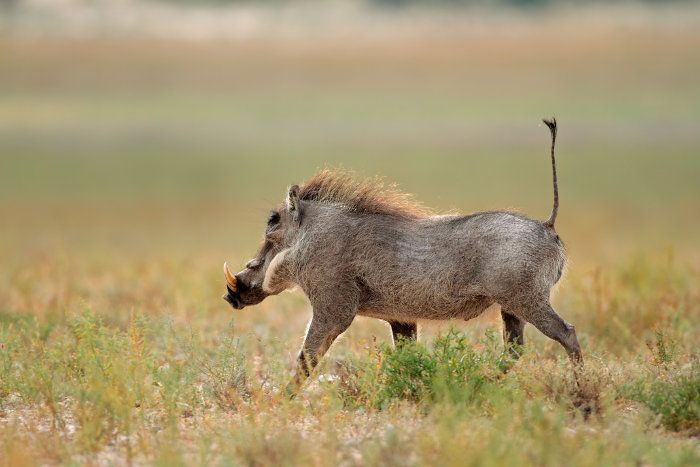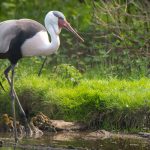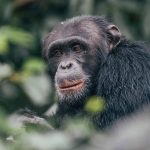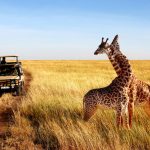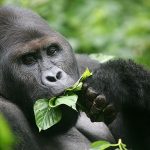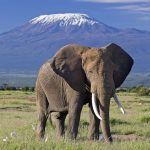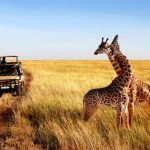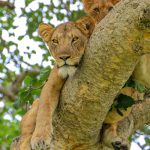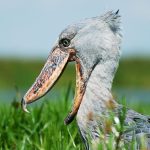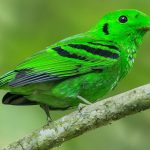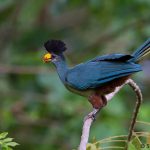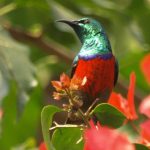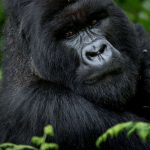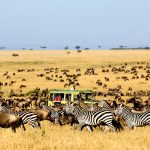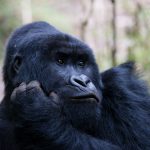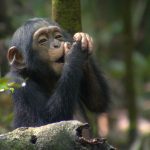KIGEZI WILDLIFE RESERVE
DATE ESTABLISHED
1952
GEOGRAPHICAL LOCATION
The reserve is a southward annexe to Queen Elizabeth National Park, separated from Lake Edward by a 7km wide sector of the park. 0°30’S, 29°50’E.
Altitude About 1,050m
Area 265km2 (33,000ha); contiguous to Queen Elizabeth National Park 2056km2 (197,800ha) and its associated reserves
PHYSICAL FEATURES
Situated on the western arm of the Central African rift valley.
VEGETATION
The moist deciduous forest and grass savanna are similar to the sector of Queen Elizabeth National Park south of Maramagambo Forest with dominant trees of Acacia and Albizia spp., and grasses such as Imperata. Cymbopogon. Hyparrhenia, and Beckeropsis.
FAUNA
Mammals usually occur in small numbers and include: eastern black-and-white Colobus Colobus guereza and some red colobus Colobus badius, the eastern subspecies of chimpanzee Pan troglodytes schweinfurthii, lion Panthera leo, leopard Panthera pardus, elephant Loxodonta africana, warthog Phacochoerus aethiopicus, giant forest hog Hylochoerus meinerlzhageni, hippopotamus Hippopotamus artjphibius, buffalo Syncerus caffer, Uganda kob Kobus kob thormsi, waterbuck Kohus ellipsiprymnus, bushbuck Tragelaphus scriptus, topi Darttaliscus lunatus and Oribi Ourebia ourebi. The abundant birdlife is similiar to Queen Elizabeth National Park.
ZONING
The reserve acts as a buffer zone between Queen Elizabeth National Park and the well-populated areas to the south and east. There is no zonation within the reserve.
DISTURBANCES OR DEFICIENCIES
Settlement and cultivation in adjoining areas are encroaching on the reserve and local people poach for meat. A road from the national park to Kabale, which provides access to Kayonza Forest, crosses the reserve.


